Results
-
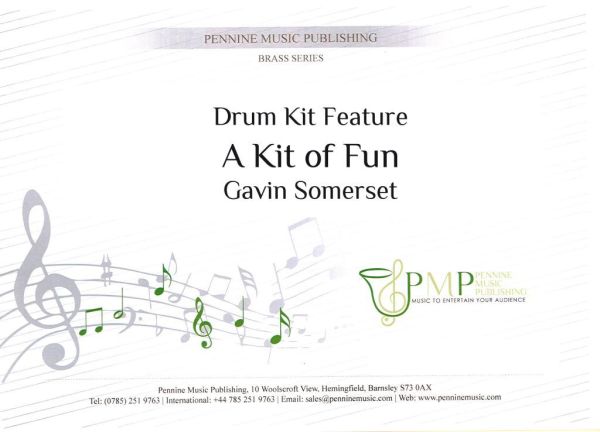 £29.50
£29.50A Kit of Fun
Drummers are now an integral part of the modern brass band that they accompany. However, there are not too many chances for your drummer to take the limelight. All that can now change with this light-hearted new release. A light swing piece in style, this entertaining work offers drummers the chance to show off their skills and more importantly, is accessible to players of many levels. Whilst a drum part is clearly written out, the soloist is advised to 'ad lib' throughout, allowing the player to make their part as easy or as complex as they wish. This is great showcase item that is just something different from the norm and suits all concert programmes.
Estimated dispatch 7-14 working days
-
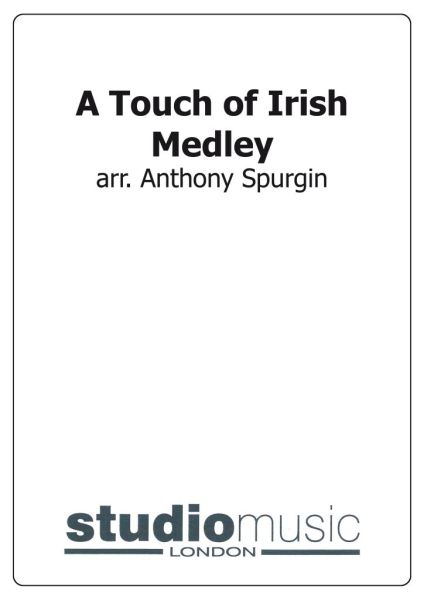 £39.95
£39.95A Touch of Irish Medley
Includes: If You're Irish Come into the Parlour; When Irish Eyes are Smiling; A Little Bit of Heaven; I'll Take You Home Again Kathleen; We're Irish and Proud of it Too.
Estimated dispatch 7-14 working days
-
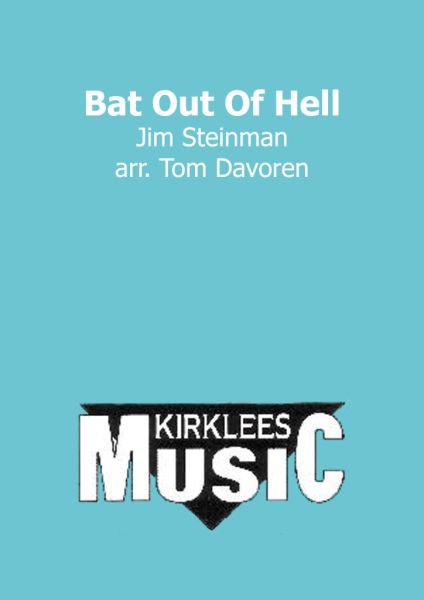 £35.00
£35.00Bat Out of Hell
Tom Davoren's high powered arrangement of the Meatloaf favourite Bat Out of Hell will be a winner with your audiences.
Estimated dispatch 7-14 working days
-
 £44.95
£44.95Best of the Seekers
Includes: I'll Never Find Another You; Island of Dreams; Morningtown Ride; Georgy Girl; The Carnival is Over; The Olive Tree; A World of Our Own.
Estimated dispatch 7-14 working days
-
£29.95
Kingdom of Dragons (Score Only)
The 'Kingdom of Dragons' is Gwent in South Wales, known in ancient times as the Kingdom of Gwent, and more recently home to the Newport Gwent Dragons Rugby Union team.This piece was commissioned by the Gwent Music Service with additional fun
Estimated dispatch 7-14 working days
-
 £27.50
£27.50Rise of the Phoenix Score Only)
As the title suggests, the phoenix was a fabulous mythical bird, who every morning at dawn, sang a song so enchanting that even the sun God, Apollo, would stop and listen. The bird would live for a hundred years, and at the end of its life, would build a pyre, set it on fire and be consumed by the flames. After three days, the phoenix would be reborn from the ashes, to sing once more.This work was commissioned by Clifton and Lightcliffe Band and reflects the difficulties and rebirth of the band to make music once more.Suitable for second section bands and above.
Estimated dispatch 7-14 working days
-
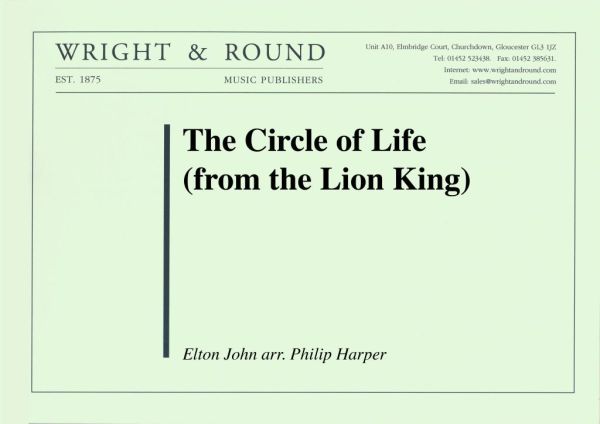 £38.50
£38.50The Circle of Life (from the Lion King) (Score and Parts)
A cracking arrangement of the main song from Disney's hugely popular The Lion King. This arrangement gives the listener the feel of the African jungle (sound effects added by the players). An absolute winner with audiences' A must!
Estimated dispatch 7-14 working days
-
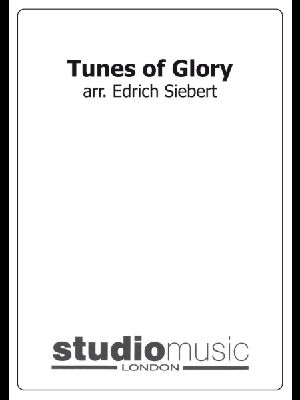 £39.95
£39.95Tunes of Glory
March MedleyIncludes: The British Grenadiers; American Patrol; Men of Harlech; Marching Thro' Georgia; Scotland the Brave; Battle Hymn of the Republic.
Estimated dispatch 7-14 working days
-
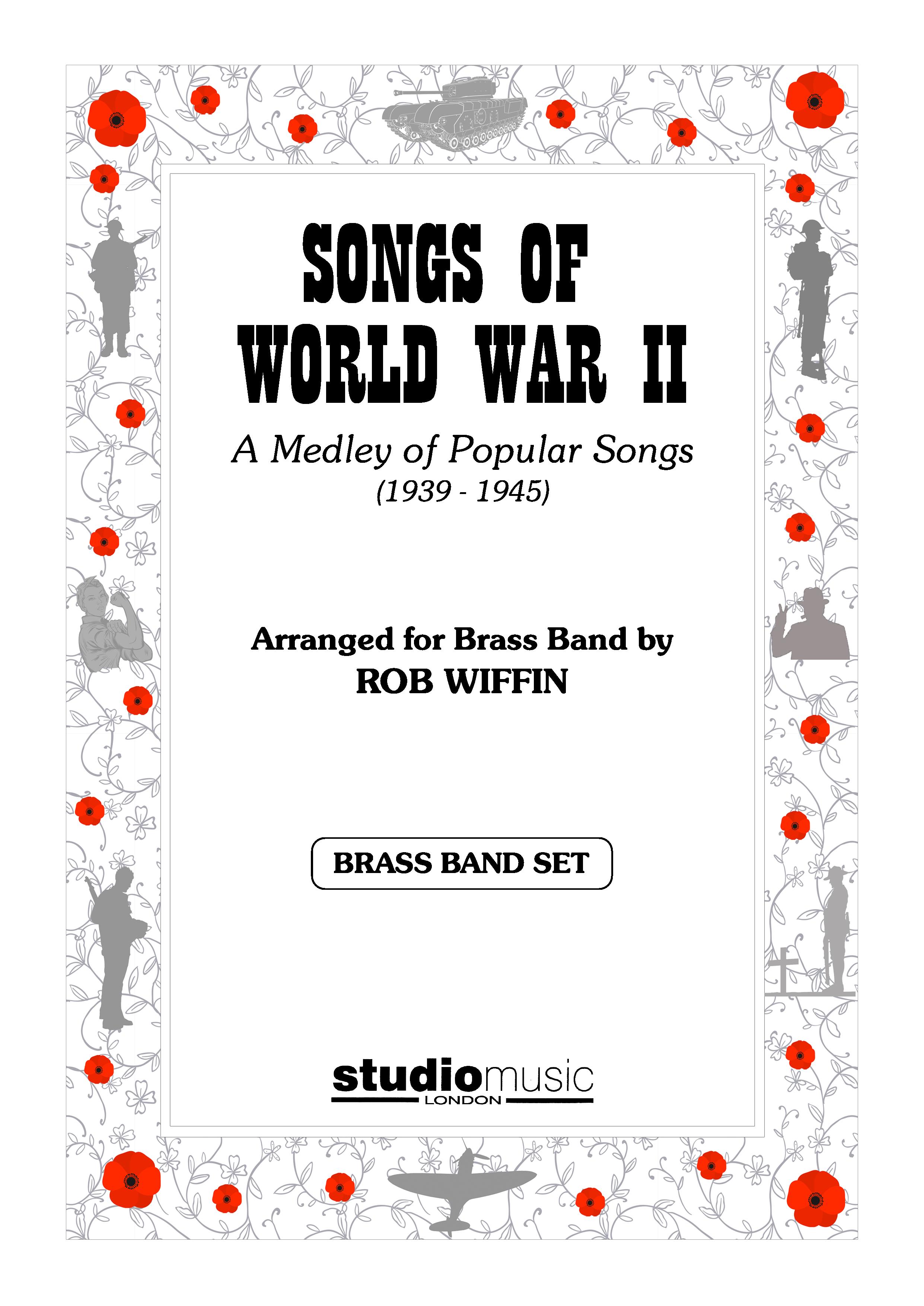 £54.95
£54.95Songs of World War II (Brass Band - Score and Parts)
A Medley of Popular Songs (1939-1945)Includes:In the MoodA Nightingale Sang in Berkeley SquareWe're Gonna Hang Out the Washing on the Siegfried LineRun, Rabbit, Run!Kiss Me Goodnight, Sergeant MajorI'll Be Seeing You
Estimated dispatch 7-14 working days
-
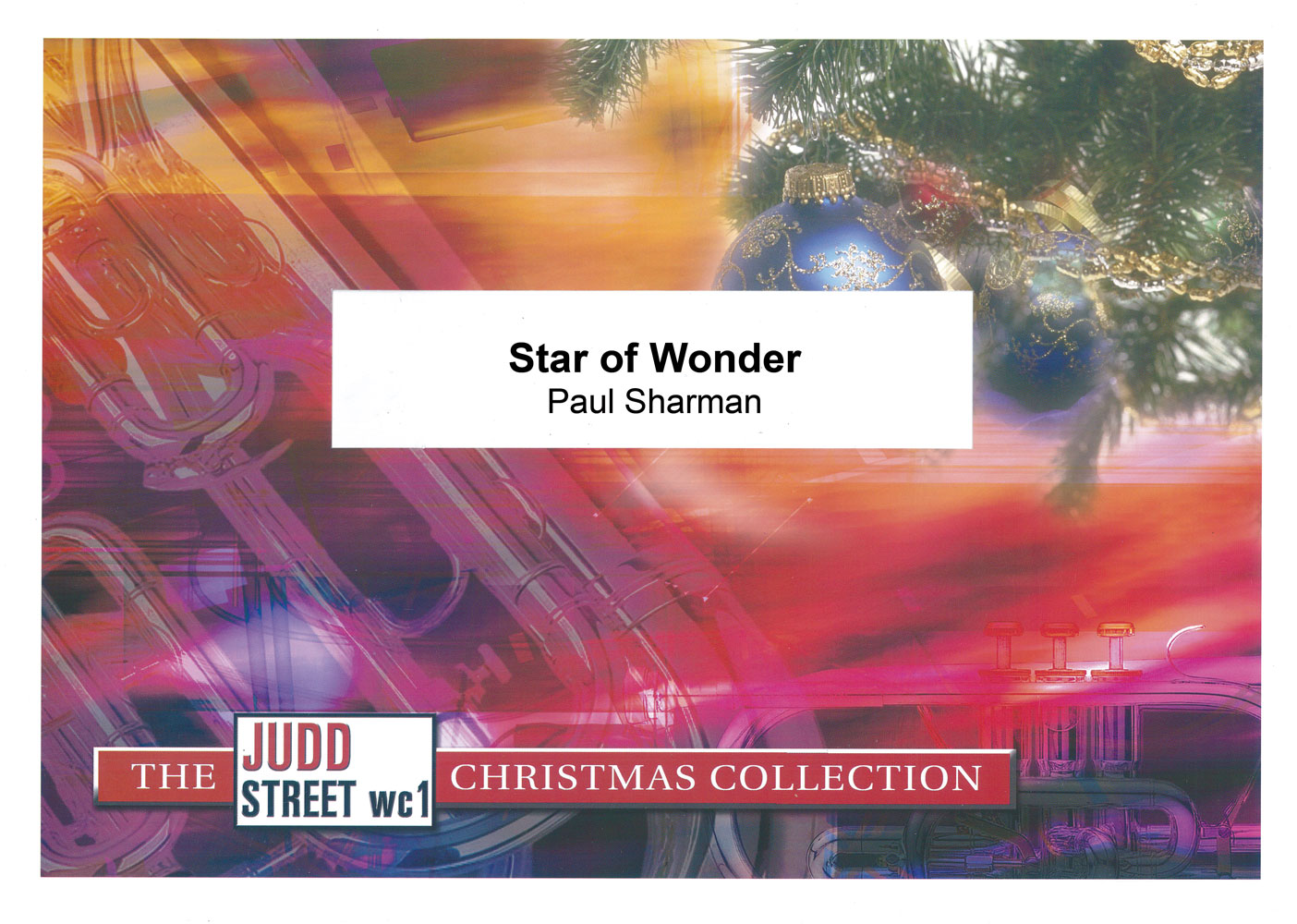 £29.95
£29.95Judd: Star of Wonder
This up-tempo arrangement features the carols 'The first Nowell' and 'We three kings of Orient are'.
Estimated dispatch 7-14 working days
